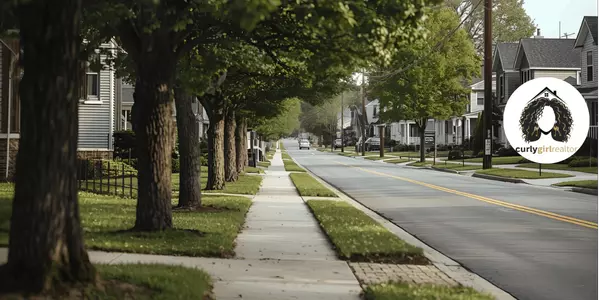Demystifying The Closing Process
 Purchasing a home is an exciting journey, but navigating the closing process can often seem daunting to many prospective buyers. Understanding each step involved can help ensure a smooth and stress-free transaction. This guide outlines key aspects of the home closing process that every buyer should be familiar with.
Purchasing a home is an exciting journey, but navigating the closing process can often seem daunting to many prospective buyers. Understanding each step involved can help ensure a smooth and stress-free transaction. This guide outlines key aspects of the home closing process that every buyer should be familiar with. The closing process, also know as settlement, is the final stage in a real estate transaction. It's during this phase that the ownership of the property is officially transferred from the seller to the buyer. This process typically takes 30 to 60 days, although the timeline can vary based on several factors such as loan approval and negotiations.
One of the first steps in the closing process is the signing of the purchase agreement. This contract lays out the terms of the sale, including the sales price, contingencies and closing date. Once this agreement is signed, the clock starts ticking toward the closing date. Buyers usually conduct a home inspection shortly after the agreement is signed to ensure the property is in acceptable condition, and to address any needed repairs with the seller.
Even before the inspection, buyers will work on securing a mortgage. This entails submitting necessary documentation to your lender and waiting for the loan approval. In preparation for closing, a title search will be conducted to ensure there are no liens or disputes over the property that could affect the sale. Title insurance is also recommended to protect against any unforeseen claims.
As the closing date approaches, a closing disclosure document will be provided, typically three days before the closing. This document provides a detailed breakdown of all the costs associated with the sale, including loan charges, taxes and other fees. It's crucial to review this document closely to ensure everything matches what you've agreed upon.
On the day of closing, you'll meet with your real estate agent, the seller and a closing agent - often an attorney or someone from the title company. During this meeting, buyers will sign multiple documents, including the deed and mortgage agreements. Once all paperwork is completed and the funds have been successfully transferred, you'll receive the keys to your new home.
In summary, understanding the home closing process is vital for any homebuyer. By familiarizing yourself with each step, from contract signig to the actual closing day, you can help ensure a seamless transition into homeownership. Whether you're a first time homebuyer or an experienced one, being informed about these processes will help minimize surprised and let you focus on enjoying your new home.
**Originally posted on Realty.com
Recent Posts

What Defines a "Luxury Home" in Today's Market?

Professional Packing Tips for Seamless Moving

Effective Strategies for Managing Tenant Disputes

The Influence of Local Policies on Vacation Rental Markets

Understanding Property Management Companies in Vacation Rentals

Exploring the Global Landscape of Luxury Real Estate

Demystifying Mortgage Refinancing: The Optimal Timing and Process

Tips for Creating the Illusion of a Larger Space in Your Home

Investigating Government Strategies to Alleviate Tariff Impacts on the Housing Market

Deciding on the First Offer: Should You Accept or Hold Out for More?
GET MORE INFORMATION

